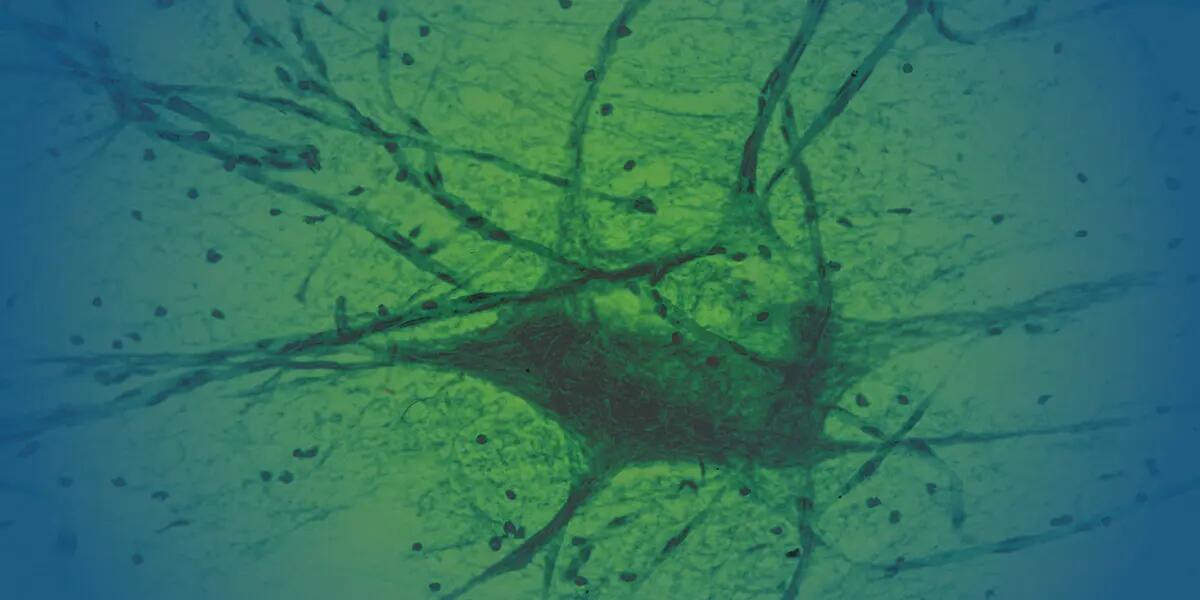Anxiety and Depression in Dementia

Anxiety and depression are common neuropsychiatric symptoms in Alzheimer’s disease, according to Botto and colleagues. Here, we’re taking a look at the causes and how these symptoms manifest, with an eye on medications that can make symptoms worse.
Anxiety may be present in one out of 10 patients during a preclinical phase of Alzheimer’s, rising to one in four in mid stages. Likewise, depression may affect up to 40% of patients in mid stages of Alzheimer’s. According to Kwak et al., anxiety is even more common among individuals with vascular, frontotemporal, or Parkinson's dementias.
As dementia reaches a late stage, symptoms of anxiety and depression tend to decline because of reduced cognitive function and blunted emotional responsiveness. However, somatic symptoms increase, note Botto et al. In late stages, agitation and aggressive behaviors may also increase, note Kwak et al. Overall, agitation and irritability appear in at least half of all individuals with dementia, explain Mercier et al.
Symptoms of anxiety and depression
Anxiety can manifest as “excessive worry, tenseness, irritability, wandering, and decreased engagement in once pleasurable activities,” note Botto et al. These symptoms are typically associated with functional impairments, they say. Kwak et al. say that anxiety in dementia can manifest as muscle tension and sleep disturbance as well.
Depression can manifest as insomnia, social withdrawal, reduced purpose-driven behavior, loss of interest in activities, and feelings of guilt, hopelessness, and sadness, according to Botto et al.
Especially in early stages of Alzheimer’s, anxiety and depression often overlap, they note.
Causes of anxiety and depression
Throughout the course of an Alzheimer’s illness, causes of depression and anxiety can relate to psychosocial factors as well as brain pathologies, explain Botto et al. Researchers have identified numerous pathological changes in the brain, brain metabolism, and neurological function that demonstrate a neurodegenerative basis of these symptoms.
From a psychosocial perspective, early stages of Alzheimer’s disease can trigger anxiety as an individual attempts to cope with cognitive challenges. Factors such as changes in lifestyle, loss of independence, difficulties with activities of daily living, and changes in social relationships can lead to both anxiety and depression. Depression may begin as “an emotional reaction to the progressive cognitive decline” and loss of abilities, note the authors. As the disease advances, though, major depression is more often caused directly by neurodegenerative effects.
There is some overlap between the presentation of dementia symptoms and the presentation of anxiety, according to Kwak and colleagues. They say it may be “difficult to distinguish between symptoms of anxiety and other behavioral and psychological symptoms of dementia (BPSD) such as irritability, aggression, wandering, and sleep disturbance.”
BPSDs
When BPSDs arise, it’s useful to consider underlying causes, say Mercier et al in their 2024 recommendations for treating BPSDs. They differentiate between primary BPSD, which develops spontaneously as a result of neuropathology—and secondary BPSD, which can relate to functional impairments and difficulties receiving, processing, and responding to environmental stimuli. “These difficulties stem directly from the cognitive loss that accompanies the disease and result in the emergence of dysfunctional behaviors,” according to the authors.
In the explanation of secondary BPSD, labeled the Progressively Lowered Stress Threshold model, caregivers can recognize stressors that overwhelm a patient—fatigue, hunger, noise, or changes in routine, for example.
Mercier et al. consider “the majority of psychotic symptoms” seen among patients with Alzheimer’s to be “reactive to the cognitive deficit.” For example, the authors note that 28% of patients with Alzheimer’s experience delusions of theft, and this is likely related to deficits in episodic memory.
Both types of BPSD can co-occur, and careful assessment can help practitioners define the best course of action. Geropsychologists can help in assessing anxiety, depression, cognitive function, and BPSDs. (See why you need a psychologist on your dementia care team.)
Medications can cause anxiety
Medications themselves can trigger anxiety symptoms. Note Kwak et al., “Medications such as steroids, antidepressants, and anticholinergics can cause anxiety.” (Learn more about potentially inappropriate medications, such as anticholinergics, in the blog, Get to Know the 2023 BEERS Criteria®.) Mercier and colleagues likewise state that “adverse pharmacological treatments often produced by benzodiazepines, hypnotics, tricyclic antidepressants, and others can also be the cause of BPSD.”
Comprehensive pharmacological review is a critical step in understanding anxiety and behavioral symptoms among patients living with dementia, according to the Antipsychotic Stewardship Program model.
Are anxiolytics useful in treating patients who have dementia? Read on to the next blog post, Anxiolytic Medications and Dementia Care.
